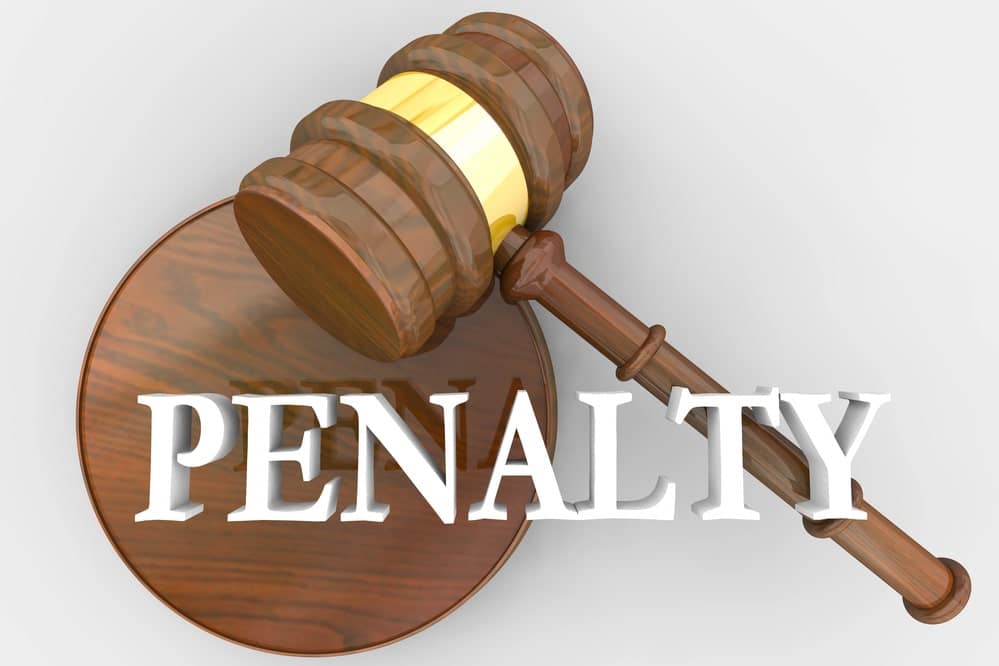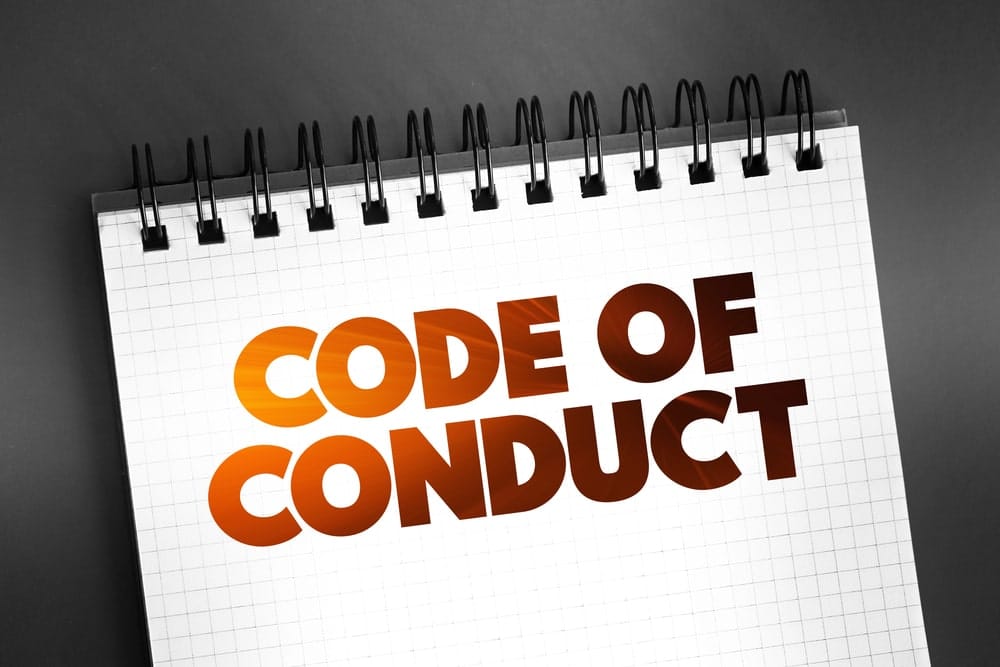Penalties for MIP in Knoxville: What Students Face
Have you ever thought about how one mistake with alcohol could change your future as a student in Knoxville? A charge for Minor in Possession (MIP) can disrupt your education, reputation, and personal goals in ways you may not expect. What starts as a night out can end with fines, school discipline, and even a suspended driver’s license.
Under Tenn. Code Ann. § 57-3-412, anyone under 21 is prohibited from possessing, consuming, or transporting alcohol in Tennessee. A single violation can carry penalties that affect both your record and your academic standing. These consequences often extend beyond campus and into your future career.
This article explains the penalties for MIP in Knoxville, how they impact your life, and what steps you can take to recover. It also outlines how an experienced Knoxville minor-in-possession lawyer can help protect your rights and guide you through every stage of the legal process.
What Counts as Minor in Possession (MIP) in Tennessee
Definition and Scope
MIP doesn’t just mean drinking — it includes any situation where a person under 21 has control over alcohol. This can mean holding a bottle, having it in a dorm, or even sitting in a car where alcohol is present. Officers can charge a student if they believe alcohol was within their reach or under their control, even if it was unopened.
Common Situations
Most MIP charges occur at college parties, tailgates, or shared living spaces near campus. Students might be cited even if the alcohol belongs to someone else, as long as they had access to it. Having alcohol in a shared fridge, a cooler, or a vehicle can be enough for a charge under Tennessee’s zero-tolerance laws.
Limited Exceptions
Tennessee law makes an exception for students who are 18 or older and handling alcohol as part of lawful employment. Plus, minors working in restaurants, grocery stores, or other licensed venues may transport, possess, or serve alcohol during their job duties, provided they follow all employer and state permit requirements. This exception does not allow personal consumption.

Penalties and Fines for Knoxville Students
Classification of the Offense
A Minor in Possession (MIP) charge is classified as a Class A misdemeanor. While the general sentencing law (§ 40-35-111) allows up to 11 months and 29 days in jail and a fine up to $2,500 for Class A misdemeanors, courts rarely impose these maximum penalties for student MIP cases. In practice, Knoxville judges focus more on probation, alcohol education, and community service than on incarceration.
Typical First-Offense Penalties
- Fines and Court Costs: Usually a few hundred dollars, depending on the court and case details.
- Probation or Community Service: Students may serve a short probation term or perform volunteer hours.
- Alcohol Education Programs: Completion of a certified alcohol-awareness or safety class is often required.
These alternatives aim to correct behavior without damaging a student’s academic future.
Repeat Offenses and Aggravating Factors
Repeat violations typically lead to tougher penalties, even though Tennessee law does not automatically raise fines for a second Minor in Possession (MIP) offense.
- Judges and prosecutors in Knoxville often respond to repeat cases with longer probation, additional community service, and stricter supervision.
- The focus remains on accountability and behavior change rather than imposing maximum statutory penalties.
- Students who demonstrate rehabilitation and compliance usually receive more lenient outcomes on subsequent reviews.
Jail Time and Non-Custodial Alternatives
While Tennessee law technically allows up to 11 months and 29 days in jail, courts seldom apply jail sentences to student offenders.
- Non-custodial alternatives — such as diversion programs, counseling, or community service — are favored to encourage learning and responsibility.
- These programs provide rehabilitation without permanent damage to a student’s academic or professional record.
- The overall judicial approach in Knoxville aims to correct mistakes while preserving future opportunities.

Driver’s License and Academic Consequences
College Disciplinary Action
The University of Tennessee and other colleges treat underage drinking as a serious conduct violation. Sanctions may include campus probation, mandatory counseling, or restricted housing. Even off-campus offenses can trigger disciplinary review, as universities expect responsible behavior from enrolled students.
Insurance and Financial Impact
A suspended license can raise insurance premiums and add financial strain. Scholarships or campus housing eligibility may also be affected. For students already managing tuition and living expenses, these additional costs can be overwhelming.
Defenses and Legal Options for Students
Lack of Possession or Knowledge
The defense may argue that the student did not have actual control or awareness of the alcohol. Simply being near others drinking doesn’t prove possession. Skilled attorneys often use this defense when the evidence is circumstantial.
Illegal Search or Stop
If police obtained evidence through an unlawful search or stop, that evidence may be suppressed. The Fourth Amendment protects students from unreasonable searches of dorms, vehicles, or shared spaces. A lawyer will review how the evidence was collected to ensure your rights were respected.
Employment or Misidentification
Students legally working in restaurants or licensed venues may handle alcohol under supervision. If the alcohol possession occurred during lawful work duties, charges may not apply. Misread IDs or mistaken identity at crowded events are also common defenses.

How a Knoxville Lawyer Can Help
Negotiating Diversion or Reduction
An attorney can pursue pretrial diversion programs that dismiss charges upon completion. These programs keep records clean and prevent long-term consequences for young offenders.
Handling License Issues
Under Tenn. Code Ann. § 55-10-415, underage alcohol-related driving offenses can trigger license restrictions. A Knoxville lawyer ensures all deadlines are met and can request restricted driving privileges for school or work.
Representation in Court and School Hearings
Attorneys guide students through both legal and university disciplinary processes. They prepare defenses, negotiate with prosecutors, and advocate before student conduct boards. With legal support, students can minimize damage to their record and reputation.
Conclusion
An MIP charge in Knoxville can create lasting challenges that impact both education and future opportunities. What may seem like a minor issue can quickly result in fines, license suspension, or disciplinary action that follows a student beyond graduation. Recognizing the seriousness of these charges is the first step toward minimizing their effects.
Taking prompt and informed action is the best way to protect your record and reputation. Understanding Tennessee law and responding early helps ensure one mistake does not shape your future. With the right guidance, students can move forward with confidence and keep their goals within reach.
At Eldridge & Blakney, P.C., we understand how stressful an MIP charge can be for Knoxville students and their families. Our deep knowledge of Tennessee law allows us to protect your rights and work toward the best possible outcome. Contact us today at (865) 544-2010 to schedule a confidential consultation. Take control of your future now and let our team guide you through every step of the process with skill and care.
Do not navigate the system alone
Call: 865-544-2010
